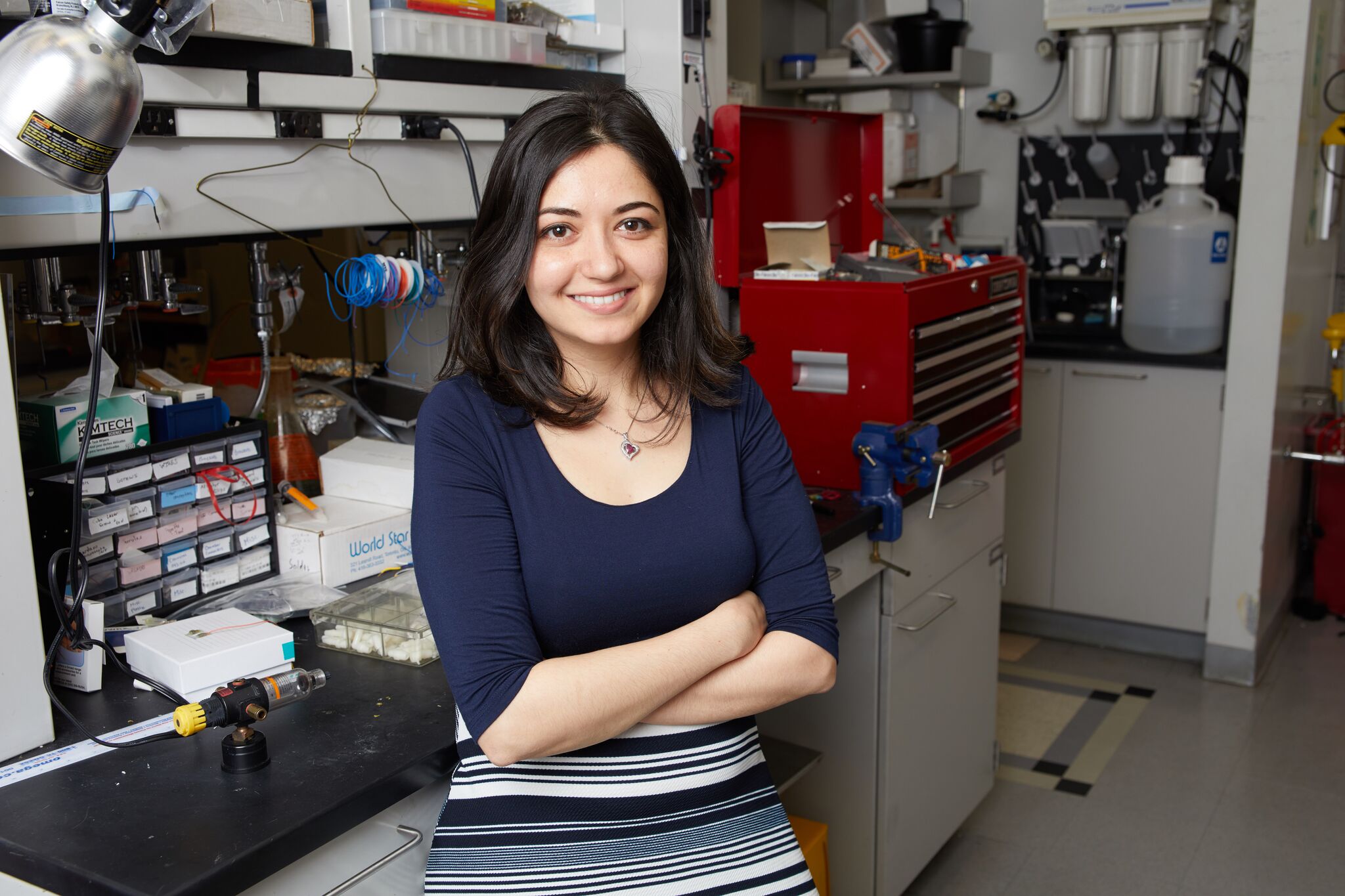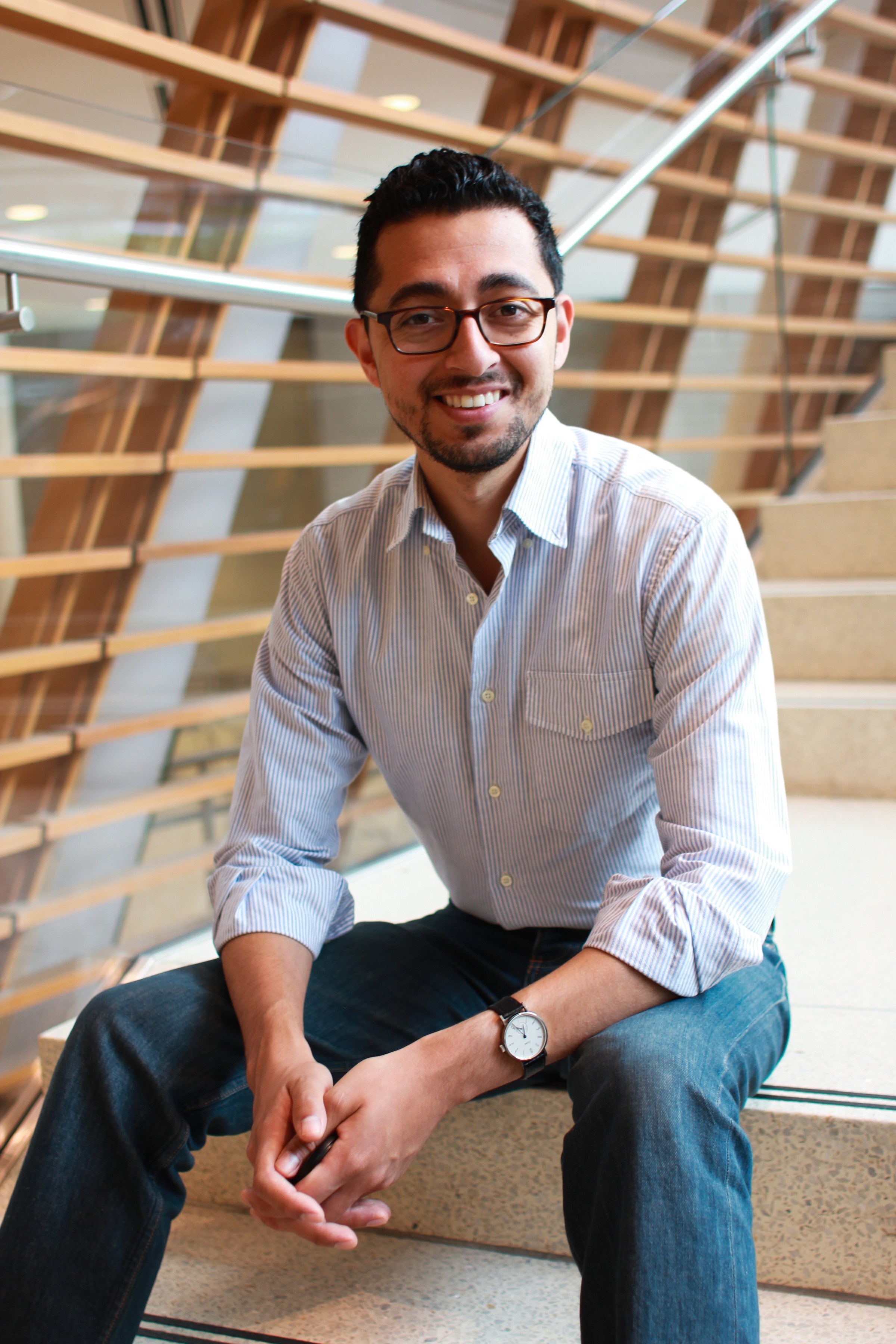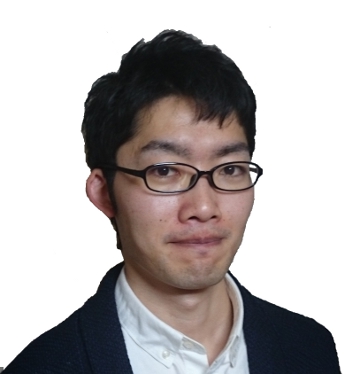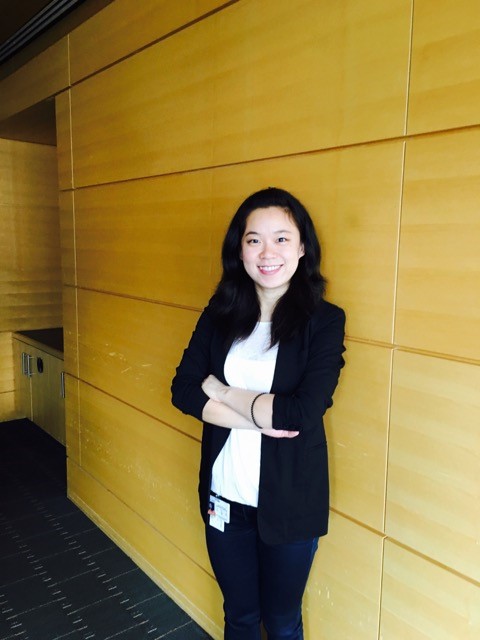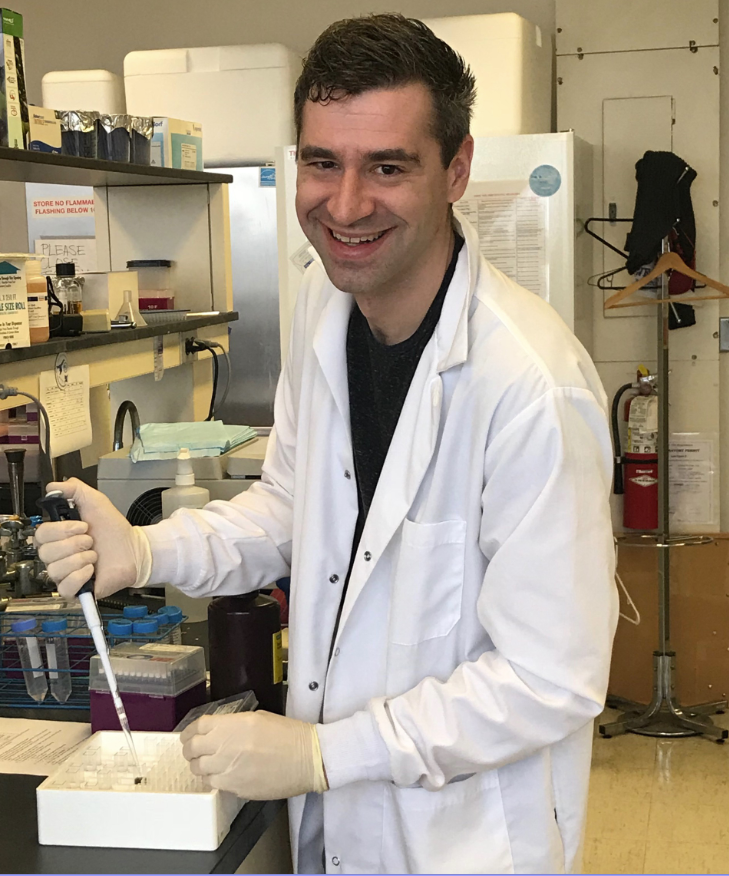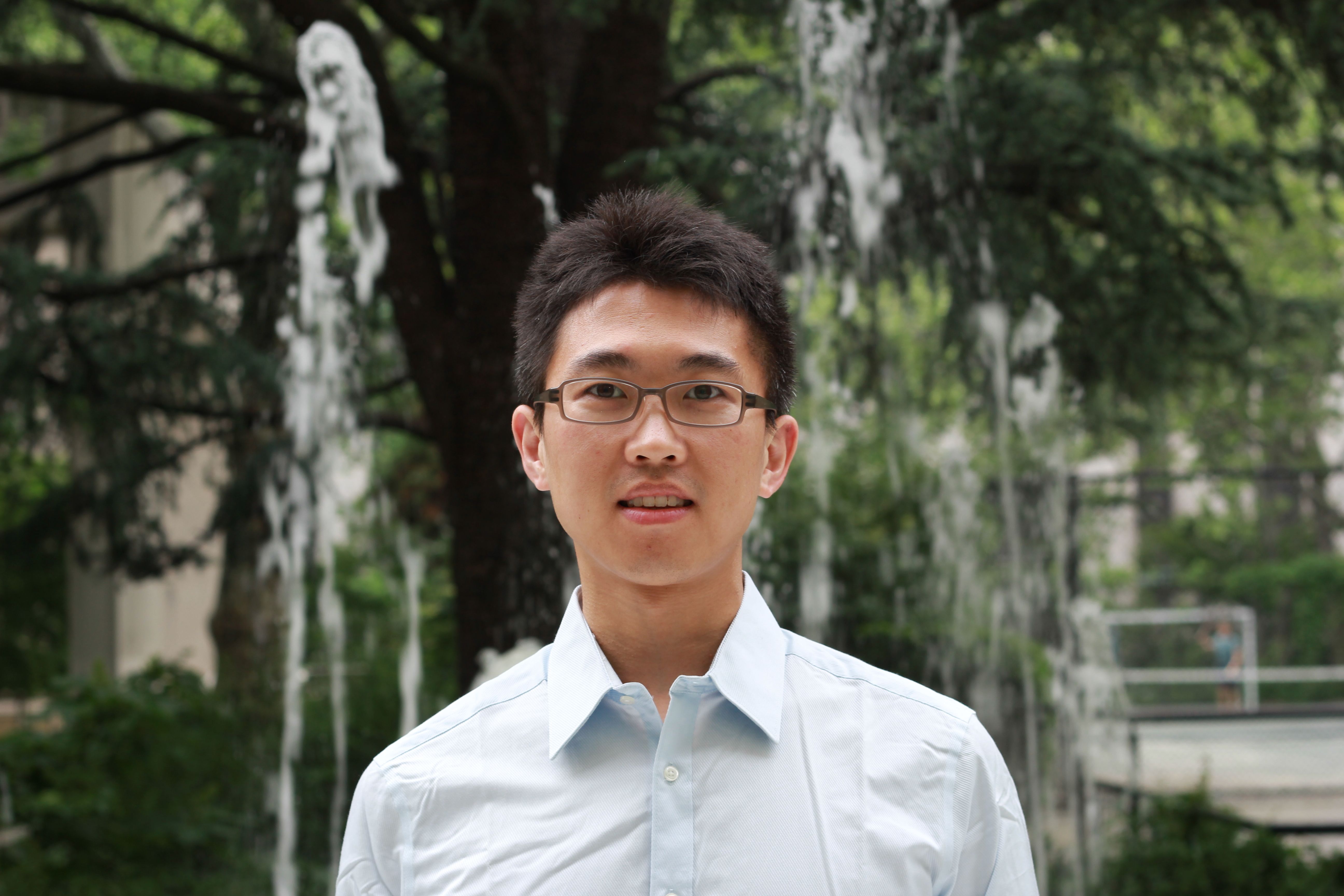Please welcome our Revson Fellowship class of 2017-2019!
Ghazaleh Ashrafi- Weill Medical College of Cornell University
Dr. Ashrafi studies how metabolism plays a role in cognition by investigating a glucose transporter that is involved in the generation of ATP via function at the synaptic surface. She received a B.S. in Cell Biology from the University of Alberta, and later received her PhD in Molecular and Cellular Biology from Harvard University.
“Why did you want to become a scientist and when did you know this was your path in life?”
I became interested in pursuing scientific research as a career during my undergraduate summer research projects at the University of Alberta. I especially enjoyed the collaborative nature of science, and the use of problem solving skills to understand biological processes. Although science is often challenging, putting the pieces together about how cells work has been inspiring for me throughout my career.
Alan Healy- Yale University
Dr Healy’s research offers a multi-disciplinary approach to understanding the ability of a strain of E.coli called Nissle 11917 to play an efficacious role in the treatment of inflammatory bowel disease (IBD) despite the fact that it produces the colibactins that usually promote IBD. He received a B.A. in Medicinal Chemistry from Trinity College Dublin, a MSc in Biomedical Science with Distinction from the University of Edinburgh, and finally went on to receive his PhD in Chemistry from the University of St. Andrews.
“Why did you want to become a scientist and when did you know this was your path in life?”
From a young age I was very interested in medicine and human health, but it was the intrigue and excitement of discovery that led me to science. A landmark point in my career was undertaking my final year research project towards the development of therapeutics to treat neglected tropical diseases at the CSIC in Madrid, Spain. This experience demonstrated to me that science is truly borderless, and the opportunity to meet new people, explore new cultures whilst doing work that could impact people’s lives cemented this as the path for me.
Joseph Luna- The Rockefeller University
Dr. Luna is a virologist and genomic scientist specializing in the molecular systems biology of RNA virus infections. He received a B.S. in Molecular Biophysics and Biochemistry from Yale University and his PhD in Molecular Biology from The Rockefeller University.
“Why did you want to become a scientist and when did you know this was your path in life?”
I was 10 years old sitting in a movie theater watching Jurassic Park for the third time, completely enthralled. Then as now, I hadn’t encountered a more vital and visceral demonstration of the power of molecular biology (you could make a dinosaur!) along with its potential perils (the dinosaurs could not be controlled!) What motivates me as a scientist started there and remains centered on a responsibility to wield curiosity with humanity, compassion, and reason.
Gouki Okazawa- New York University
Dr. Okazawa studies the mechanisms of visually-guided behavior. He received a B.A. from Kyoto University and then received his PhD with a dissertation in the “Localization of regions activated by surface gloss in macacque visual cortex using fMRI” from The Graduate University for Advanced Studies in Japan.
“Why did you want to become a scientist and when did you know this was your path in life?”
When I was in high school, I somehow started to ask fundamental questions such as the meaning of life and the origin of consciousness. This led me to study philosophy but at university I became more interested in psychology and neuroscience, which provide an empirical way to understand our mind. Although they don’t give us a direct answer to philosophical questions, I decided to pursue the path as a neuroscientist to contribute to the expansion of human knowledge about ourselves.
Jie Su- Memorial Sloan Kettering Cancer Research Center
Dr. Su is investigating the molecular mechanism and transcription regulation of cell state changes during cancer progression and development. She received her B.S. in Biological Science in Peking University in Beijing, China. She then completed her PhD in Biomedical Science in Icahn School of Medicine at Mount Sinai, New York, with Dr. Ihor Lemischka. In recognition of her outstanding research performance she was named as Young Pioneer in Basic Science at her graduation. She went on to join Dr. Joan Massague’s lab as a Research Fellow in Memorial Sloan Kettering Cancer Center, New York. Dr. Su began her scientific training in high school. She has witnessed many family and friends suffer from cancer and have no effective treatment. She realizes that despite significant advances in disease treatment, chronic diseases such as cancer have a severe impact on people’s lives. Dr. Su thus developed her scientific career towards understanding the molecular mechanisms of cancer, with the ultimate goal of developing more effective and innovative therapies for cancer patients.
“Why did you want to become a scientist and when did you know this was your path in life?”
I developed a passion for science at a very early age and knew this was my path since high school. I was a finalist in China’s National Mathematics and Biology Contests. When I was doing graduate study in the US, my two grandfathers were diagnosed with cancer. However, the existing clinical therapies could not save them from the deadly disease. This experience made me enthusiastic in doing cancer research, which would have potential application to clinical therapy.
Robert Thompson- Princeton University
Dr. Thompson’s research aims to provide an important new method to explore key areas of chromatin biology and also the biology of other systems influenced by modification of peptides through a novel method of synthesis that involves intein ligation that is supplemented by a transpeptidase strategy. He received a B.Sci. Adv. in Chemistry and Physics and then his PhD in Organic Chemistry from the University of Sydney in Australia.
“Why did you want to become a scientist and when did you know this was your path in life?”
I finally knew I wanted to pursue a scientific career while undertaking undergraduate research in a synthetic chemistry lab. This experience showed me how truly different it was to ‘do’ science than simply to ‘learn’ science. Where else could you create something completely new, or learn something completely unknown every single day?? The thought that you could do this while also contributing to scientific progress – be it medically, biologically or chemically focused – has and will always be incredibly fulfilling.
Matthew Ulgherait- Columbia University Medical Center
Dr. Ulgerhait’s research investigates how circadian rhythm relates to aging, with possible therapeutic implications, by building upon prior work which demonstrated that mutations in the molecular clock prolong life span in the fruit fly, a key model organism in biological studies. He received a B.S. in Biology from Drexel University and then his PhD in Biological Chemistry from the University of California Los Angeles.
“Why did you want to become a scientist and when did you know this was your path in life?”
I was always interested in science generally. Even in grade school, there were always cheap chemistry sets, microscope kits, and electronics kits littering my bedroom. As I progressed on to high school, I fell in love with Biology. Discovering that there are monumentally complex processes going on in every cell of our body functioning to accomplish the necessities of life was a revelation! I wanted to contribute to our understanding of how these processes work.
Once in college, I immediately sought a research assistant position in a biology lab. Quickly, I found myself enthralled with the laboratory work. Particularly, I found it to be a very creative endeavor. Tackling big questions with new techniques, and the thrill of knowing that the work I was doing was doing was contributing to my group and the collective body of knowledge in Biology was exciting. After a short time doing research, I now had the ultimate goal of becoming an independent scientist with my own lab and research program.
Early in my Biology research career there was one fundamental question in Biology that really bothered me; why do some organisms live longer than others? We are lucky if we get 90 years on this earth. Moreover, can we extend the lifespan of an animal significantly or maybe even lengthen lifespan indefinitely? Over the last two decades we’ve begun to understand that longevity is not set in stone. Genetic, dietary, and metabolic interventions can greatly extend the lifespan of laboratory animals. I have focused my research on discovering processes that govern the metabolism and lifespan of the fruit fly, with the ultimate goal of extending the healthspan and lifespan of humans in the future.
Zhe Zhang- The Rockefeller University
Dr. Zhang’s work relates to Cystic Fibrosis, a devastating disease caused by defects in a single protein, the Cystic Fibrosis Transmembrane conductance Receptor (CFTR.) His research investigates how drugs interface with the structure to impact CFTR function, which has the potential to lead to new therapeutic strategies, and lies at the cutting edge of structural biology. He received a B.S. in Biotechnology from Shandong University in Jinan, China and then his Doctor of Philosophy, Biochemistry, and Molecular Biology from the Chinese Academy of Sciences in Shanghai, China.
“Why did you want to become a scientist and when did you know this was your path in life?”
Revealing the pathogeneses of human diseases and developing better treatments for patients are my motivations to do research. I could not bear to hurt animals, so I choose to do structural studies of disease-related proteins in order to understand their functional mechanisms and develop effective medicines for corresponding diseases. Scientific research is very difficult and competitive. Along the way I have experienced many failures and frustration. Until recently, I got a bit success and finally decided to continue working as a scientist. This is the nature of life: “No cross, no crown”.


